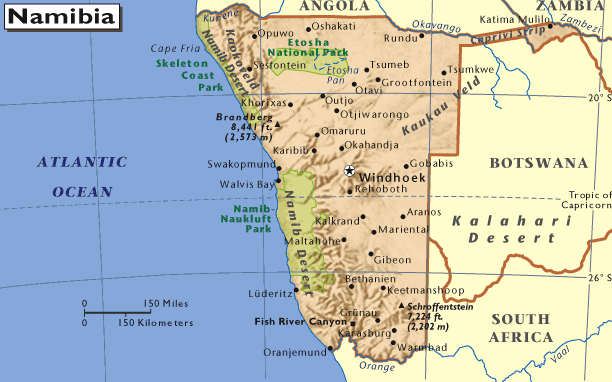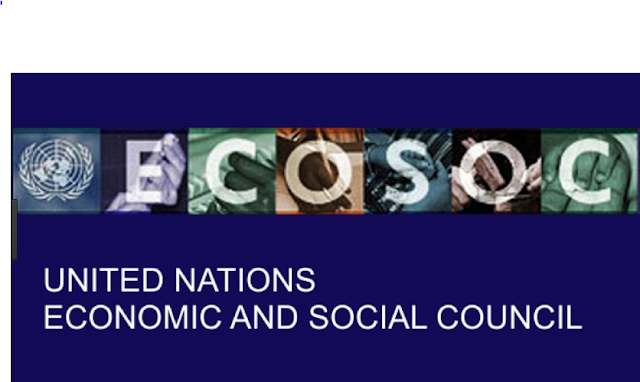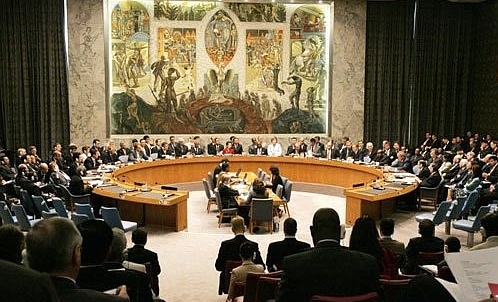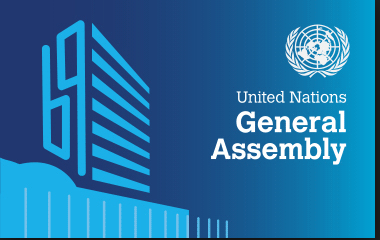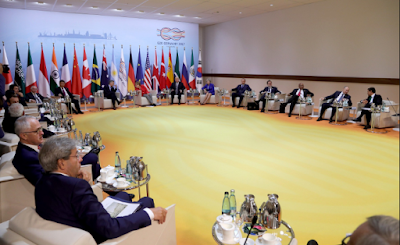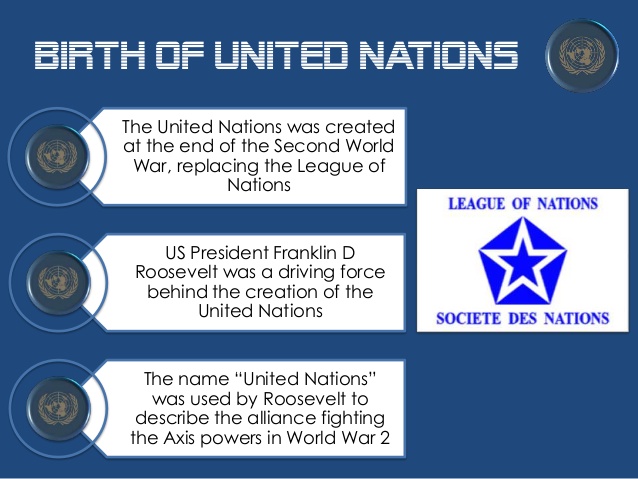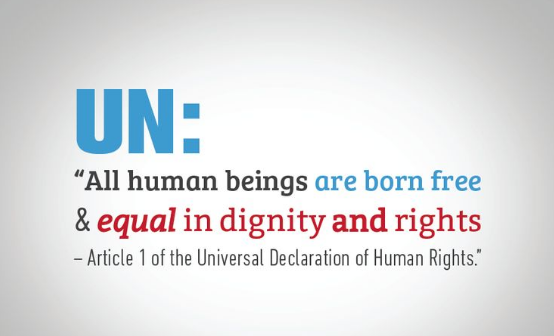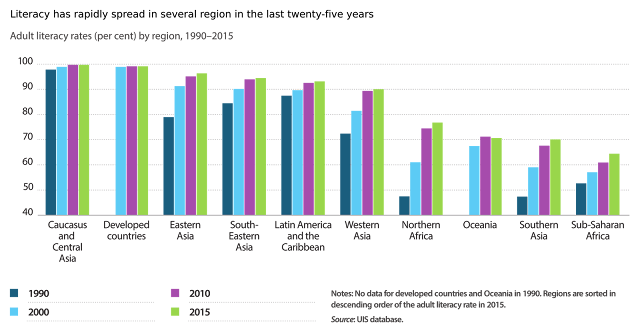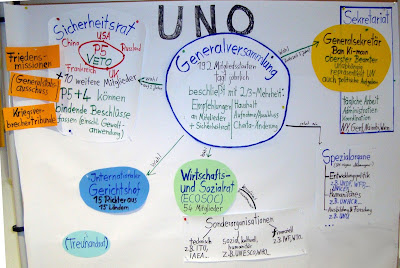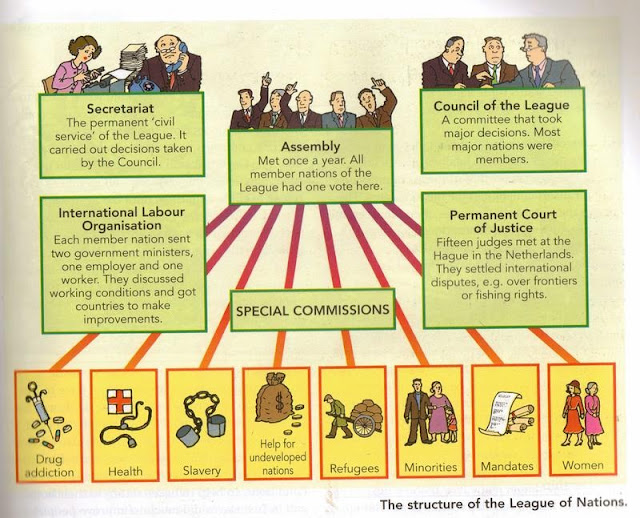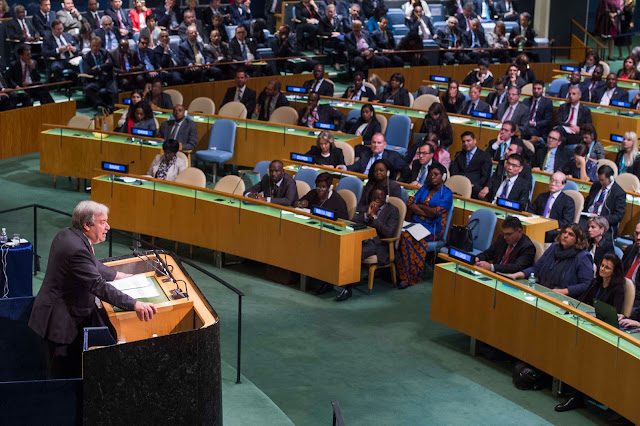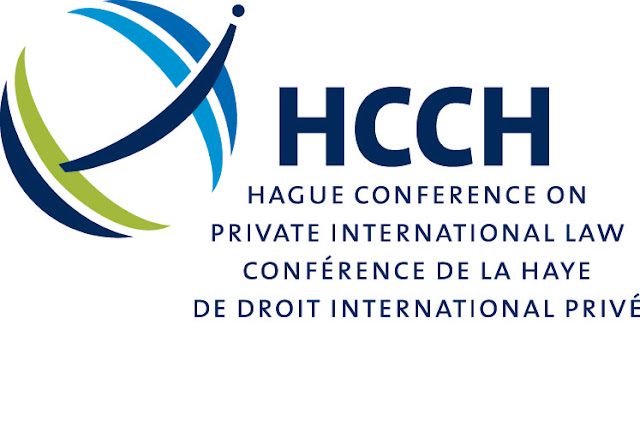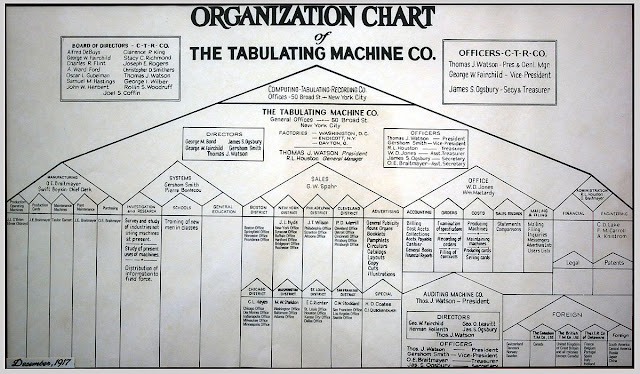THE UNITED NATIONS PLAN FOR NAMIBIAN INDEPENDENCE
When the Security Council in 1976 demanded free elections under the supervision and control of United Nations, it declared that adequate time was required to enable the UN to establish the necessary machinery for the elections in Namibia and to permit the Namibian people to organise themselves politically, In 1978, a proposal for the settlement of the question of Namibia was submitted to the Council by five of its members-Canada, France, the Federal Republic of Germany, the United Kingdom and the United States. According to the proposal, elections for a Constituent Assembly would be held under UN auspices. Every stage of the electoral process would be conducted to the satisfaction of a Special Representative for Namibia appointed by the Secretary-General. A United Nations Transition Assistance Group (UNTAG) would be at the disposal of the Special Representative to help him supervise the political process and to ensure that all parties observed all provisions of an agreed solution. The Group was to be composed of both military and civilian personnel.
The Security Council then adopted resolutions 431 (1978) of 27 July 1978 and 435 (1978) of 29 September 1978. Under resolution 431, the Council requested the Secretary-General to appoint a Special Representative for Namibia and to submit recommendations for the implementation of the settlement proposal. The Secretary~General recommended implementation in stage: all hostile activities would cease and armed forces would be withdrawn, restricted or demobilised; discriminatory laws would be repealed, political prisoners released, and exiles allowed to return; free and fair elections would be conducted, monitored by the UN and independence would be achieved with the adoption of a Constituent Assembly, and its entry into force. By resolution 435, the Council endorsed the UN plan for Namibia and decided to establish UNTAG.
In 1980, the South African Government accepted the plan proposed by the five powers and subsequently participated in a pre-implementation meeting held at Geneva in January 1981. However, South Africa did not agree to proceed towards a ceasefire, one of the conditions set by the UN for the implementation of Council resolution 435. Implementation negotiations were again stalled when South Africa attached new conditions which the UN did not accept, in particular the one which linked the independence of Namibia with the withdrawal of Cuban troops from Angola.
The Secretary-General reported in March 1987 that all outstanding issues relevant to the UN plan, including the choice of an electoral system, had been resolved. Only the precondition linking independence to troop withdrawal remained an obstacle to implementation. The Secretary-General expressed the view that South Africa should urgently reconsider its position to enable the UN to proceed with the implementation of resolution 435.
On December 22, 1988, ten years after the adoption of resolution 435, a tripartite agreement among Angola, Cuba and South Africa, mediated by the United States, was signed at United Nations Headquarters in New York. The agreement committed the signatory states to a series of measures necessary to achieve peace in the region and opened the way to the independence of Namibia in accordance with the UN plan. A bilateral agreement between Angola and Cuba was signed at the same time. In accordance with a stipulation in this agreement, the UN dispatched an observer mission the United Nations Angola Verification Mission (UNAVEM) to Angola to verify the redeployment northward, and phased withdrawal, of Cuban troops. The parties recommended to the Secretary-General that implementation of resolution 435 should begin on April 1, 1989.. On January 16,1989, the Security Council affirmed that date, and on February 16, the Council called for the implementation of resolution 435 in its original and definitive form. This action enabled the Secretary-General to set up the UNTAG operation in Namibia and to proceed with the UN independence plan.
UNTAG was designed to function under the authority of the Security Council, as envisaged in resolution 435, to assist in the supervision and control of free and fair elections in Namibia for a Constituent Assembly. The military component was placed under the command of the UN vested in the Secretary-General. Its duties included monitoring the ceasefire, monitoring the withdrawal, restriction to base and demobilisation of forces and assisting the civilian component in the discharge of its tasks. In 1978, the Security Council accepted the Secretary-General’s judgement that a maximum of 7,500 military personnel provided by member states should be mandated to perform the tasks assigned to UNTAG. The actual number would depend on the prevailing political situation in the area, which the Secretary-General would keep under constant review. In its resolution 632 (1989) of February 16, 1989, the Security Council fixed the number of military personnel for .initial deployment at 4,650.
Implementation of Security Council resolution 435 began on April 1,1989. More than 20 countries contributed military and police personnel. When civilian support staff were counted, it was found that about 109 nationalities were represented in the UNTAG operation.
On May 24, 1989, members of the Security Council issued a statement reaffirming the role and authority of the Council as the international body responsible for putting the UN plan into effect, and expressed their strong support for the Secretary-General in
his efforts to implement the mandate. The Secretary-General paid an official visit to Namibia from July 18 to 21,1989.
The Security Council assigned to UNTAG one of the most complex operations undertaken by the United Nations since its founding, and because of its combined military and civilian components, it stands as a unique experience in the history of UN Operations.


